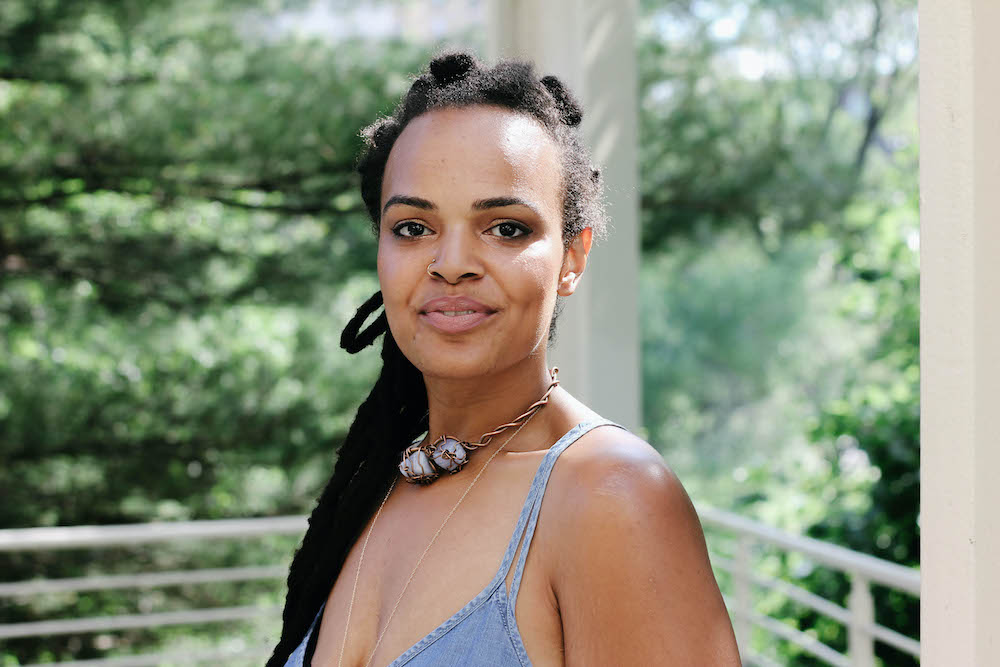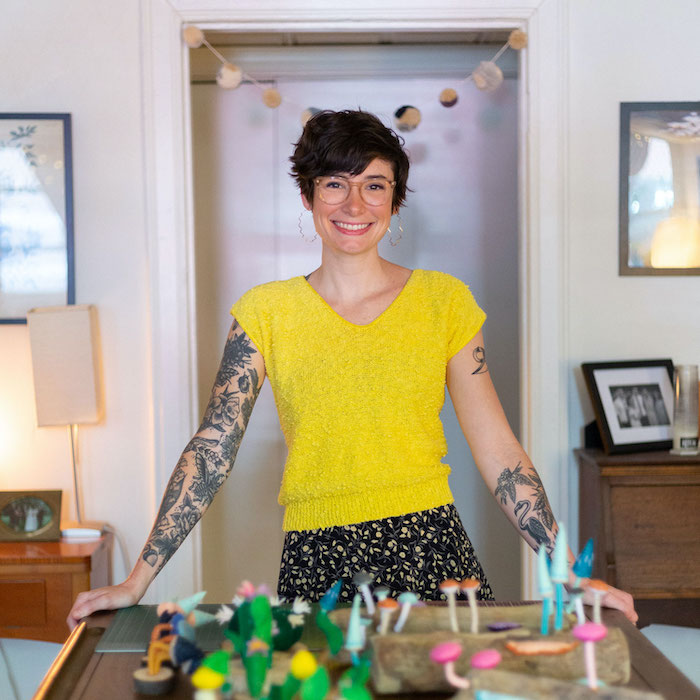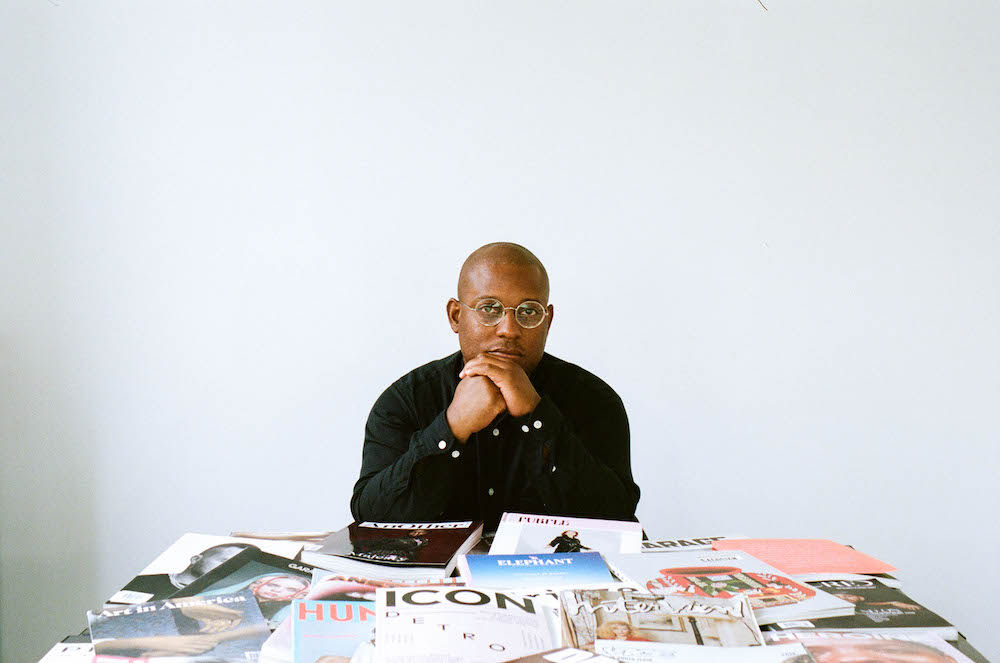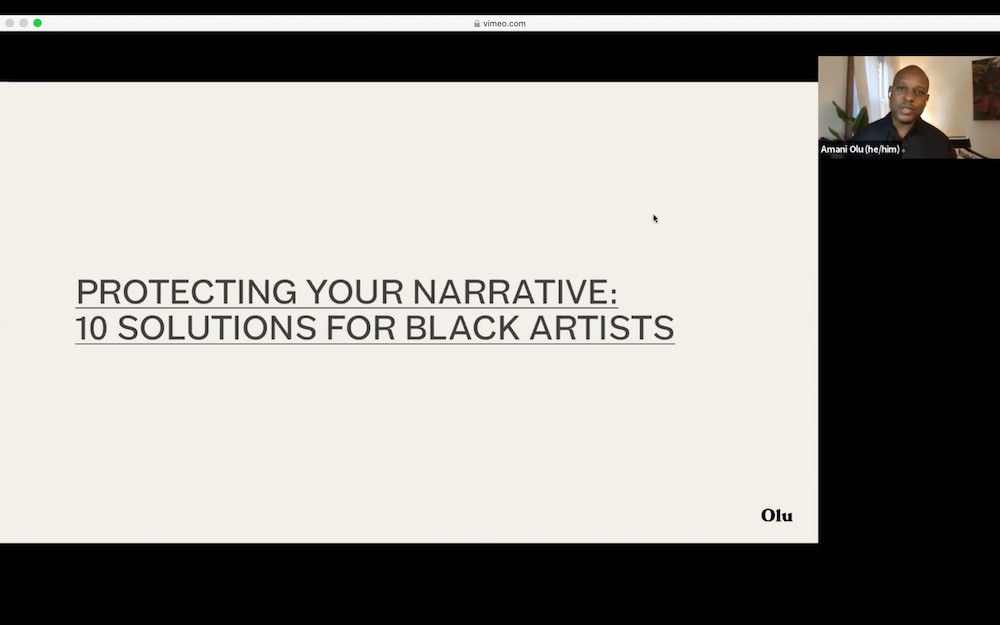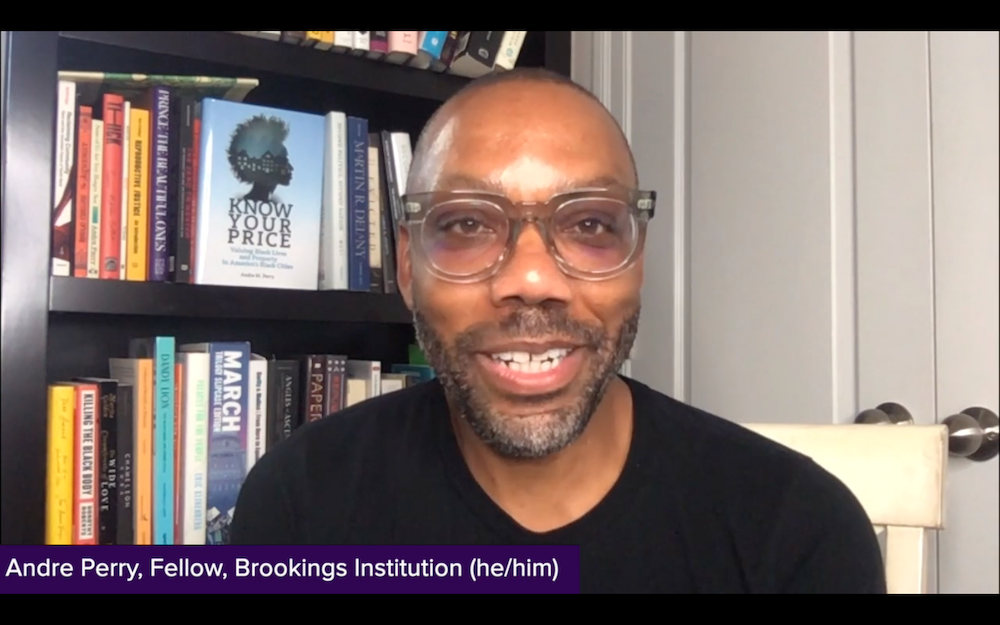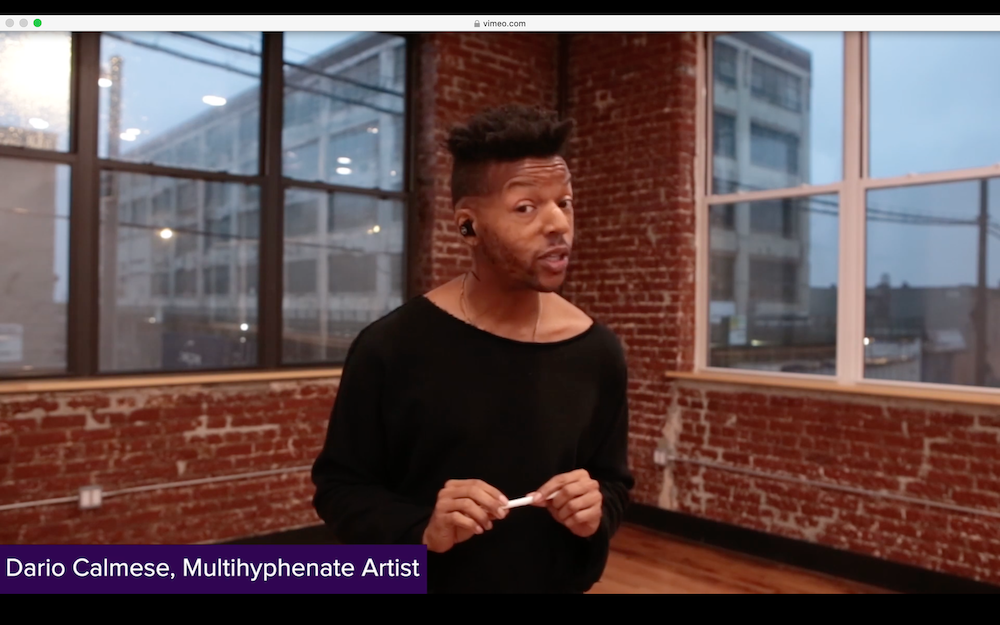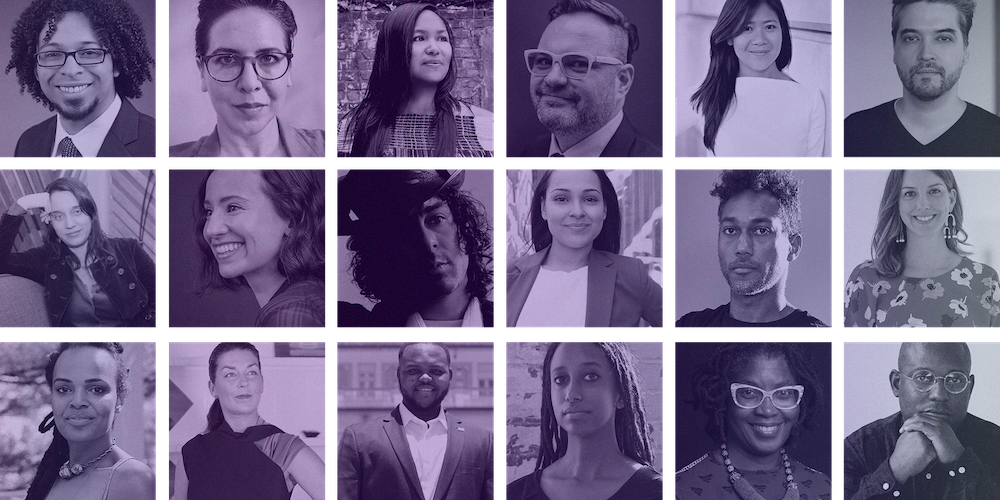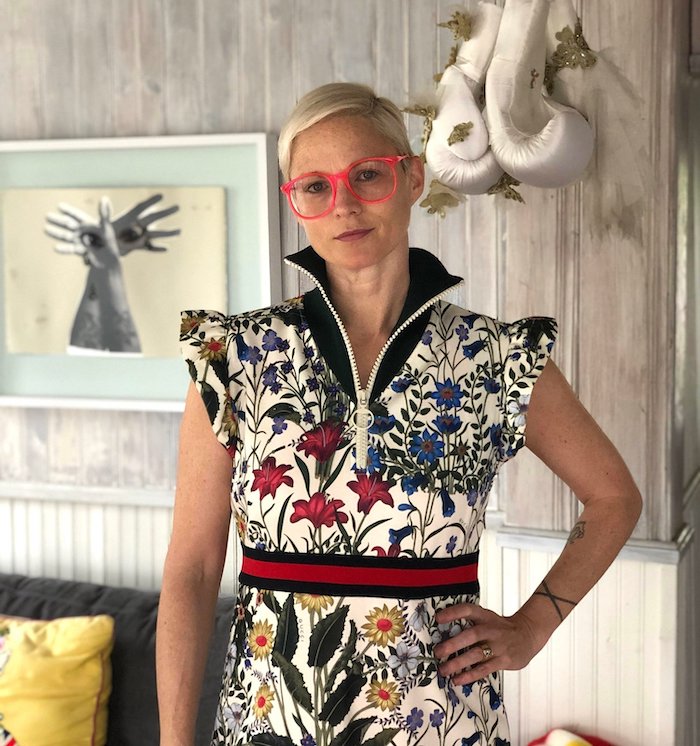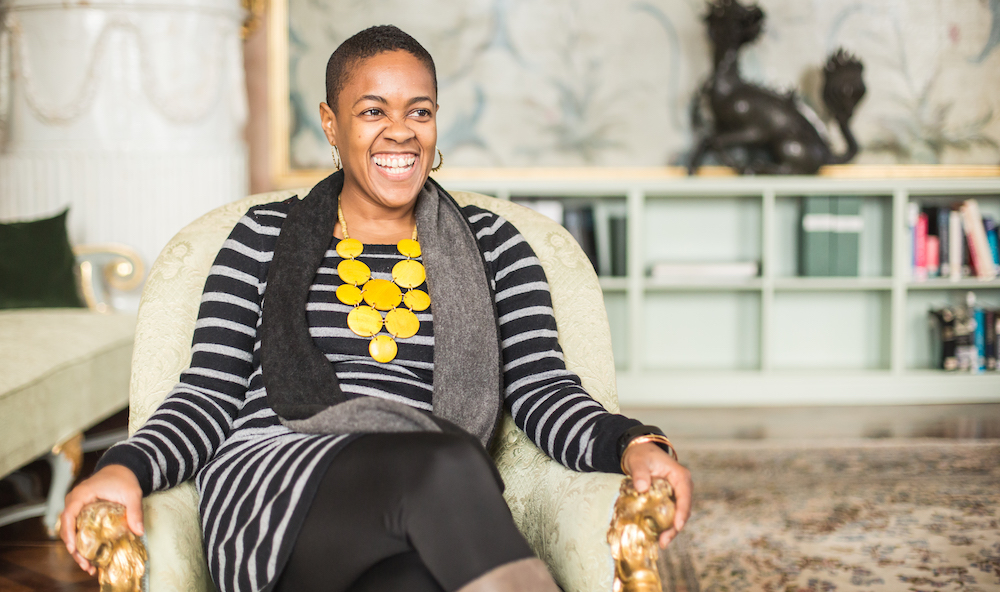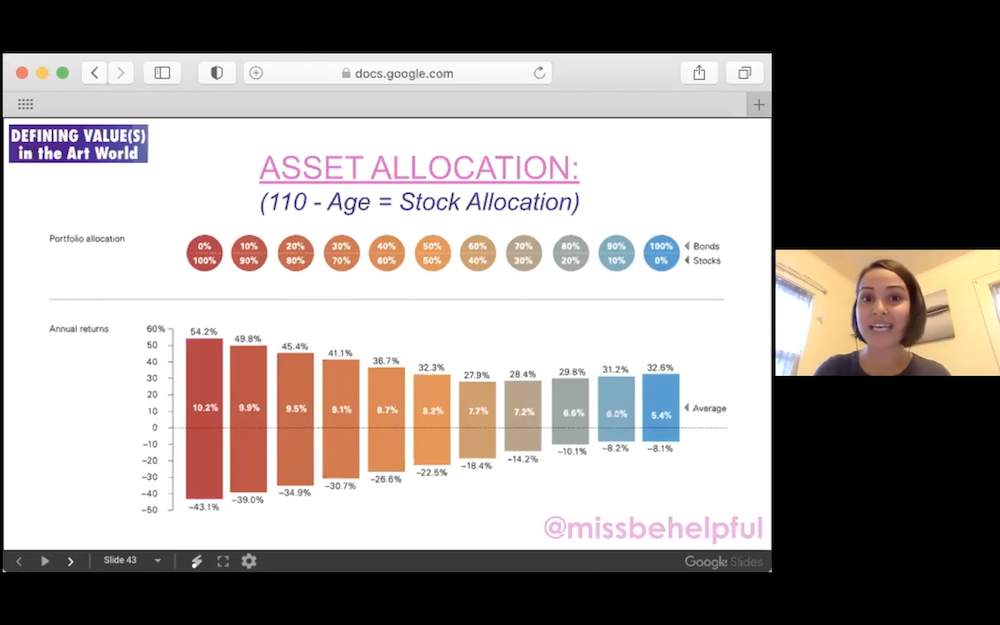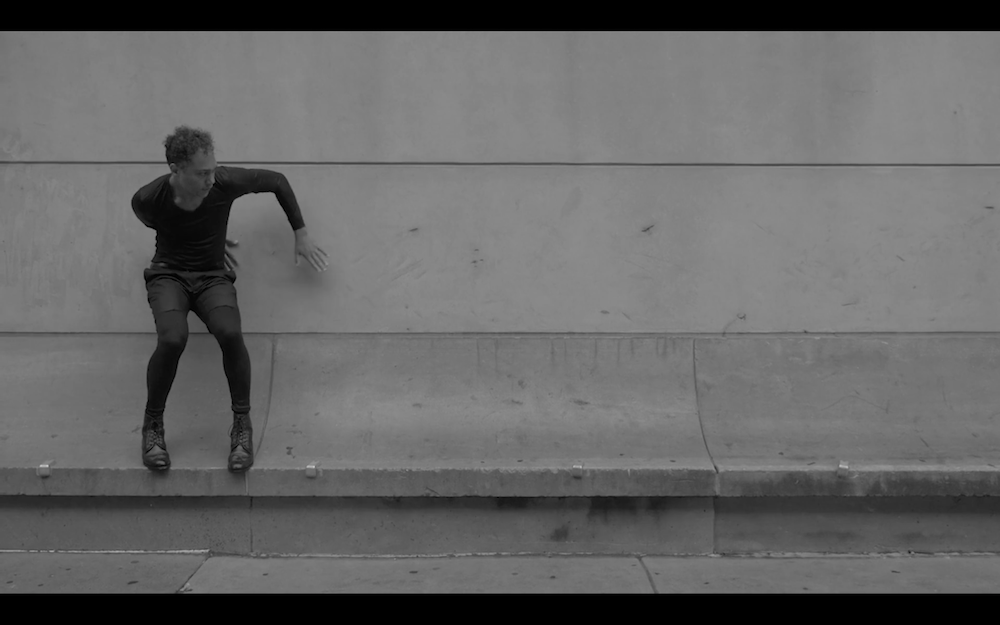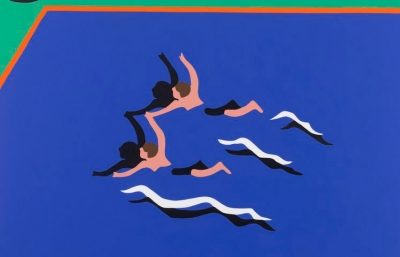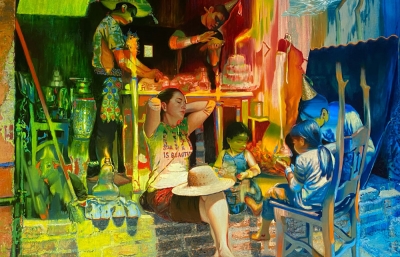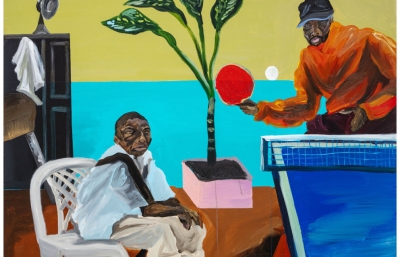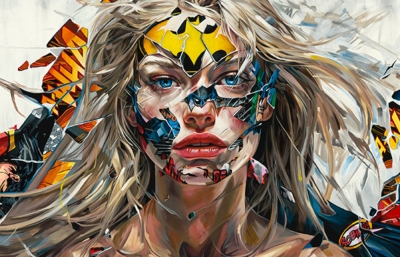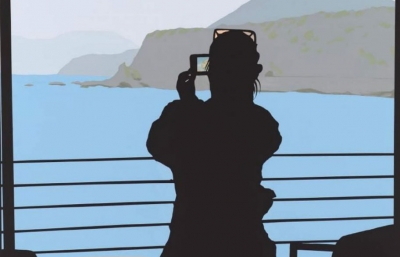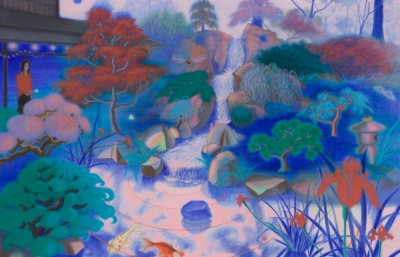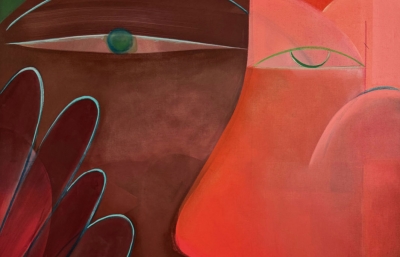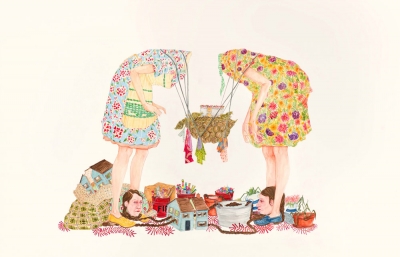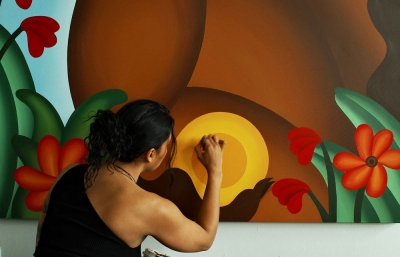Over the past two weekends I attended the October edition of the Art World Conference, which due to the pandemic was conducted online over the Zoom platform. The goal of this particular edition of the conference was to interrogate the systems and principles that have long governed the art world and have defined value.
Through a lens of diversity and social justice, presenters discussed financial health, best business practices, and the challenges faced by artists, free lancers, and other arts professionals. These qualified experts—with professional development experience—shared strategies for building equity, sustainability, and economic justice while also illuminating the development of practical skills surrounding sales, credit, investing, budgeting, and licensing.
Thirty-seven speakers contributed to twenty-six programmed sessions which included keynote speeches, artist interventions, panel conversations, discussion groups, and workshops. These presentations were extremely eye opening not just in regards to understanding the art world but also how society functions as a whole—how the old status quo influences resource allocation and how the art world can work towards promoting justice and a solidarity economy.
Conference co-organizers Heather Bhandari and Dexter Wimberly stated: “We care deeply about the personal and professional financial health of artists and cultural producers and want to address educational gaps while also evaluating the larger, capitalist context in which we all function. The conference is about how we, as a community, can work together to assert our value and change the systems and stereotypes that perpetuate an exclusive and unsustainable art world.”
Artist Zachary Fabri kicked off the conference with a video premiere on Friday and a live performance on Saturday. A keynote presentation was given by Dario Calmese who made art history this year as the first Black photographer to shoot the cover of Vanity Fair. His presentation investigated our perception of color in all of its neurobiological, philosophical, and historical perspectives. Andre Perry, a Brookings institute fellow and author of the newly released book Know Your Price: Valuing Black Lives and Property in America’s Black Cities, gave the second keynote speech of the conference.
During the afternoons the conference hosted several sessions simultaneously. Attendees were encouraged to read the synopses ahead of time to make decisions about which zoom room to register for and attend. Once “beamed up” into the meeting, attendees could introduce themselves into the discussion and ask the presenter questions through the zoom platform’s chat feature. Throughout the day “zoom pilots'' and moderators were available to ensure that it all ran smoothly and to help out in the case of technical challenges. All sessions were recorded by the conference and made available for attendees to review at the conclusion of the conference for a period of up to 48 hours depending on their registration level. In general, attendees were prohibited from recording the sessions, but taking screenshots from the presentations was permitted for personal use. —David Molesky
On the 24th, Amani Olu gave a presentation called “Protecting Your Narrative: 10 Solutions for Black Artists.” The session was rescheduled from its original time the previous weekend due to a death in Olu’s family. This session was recorded and is available now to view for free on the Art World Conference patreon page.
ABOUT ART WORLD CONFERENCE
Art World Conference—organized by Dexter Wimberly and Heather Bhandari—is a professional development experience bringing together artists and arts professionals at all stages of their careers to address the unique qualities of business and financial health in arts-related disciplines. The emphasis of all programming is on personal and professional development and empowerment. Art World Conference is a fiscally sponsored project of the New York Foundation for the Arts.

